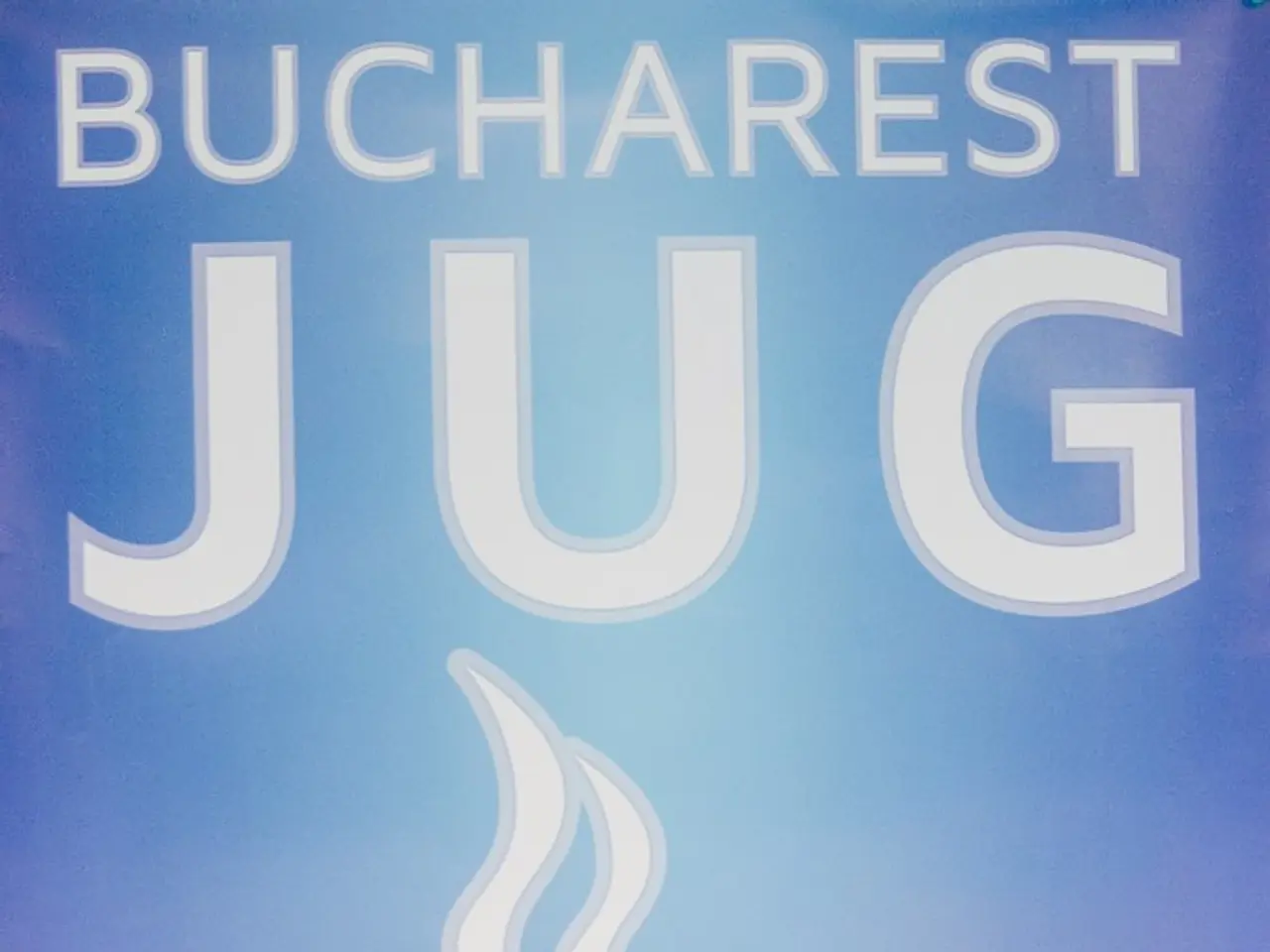China scrutinizes PVH over allegations of Xinjiang cotton boycott
In a recent development, PVH Corp., the parent company of renowned fashion brands Calvin Klein and Tommy Hilfiger, is under investigation by the China Ministry of Commerce. The investigation stems from allegations that PVH Corp. violated normal market trading practices, and the boycott is said to be without factual basis.
The international business of PVH, which includes significant operations in China and Australia, faced a challenging consumer market in the latest quarter, resulting in a 4% revenue drop year over year. Despite this, the company's Chinese operations remain profitable.
The investigation comes at a time when the Xinjiang Uyghur Autonomous Region of China has been the subject of multiple U.S. laws and regulations, including the Uyghur Forced Labor Prevention Act passed in 2021. If found at fault, PVH Corp. could be added to China's Unreliable Entity List.
China only targets the very few foreign entities that undermine market rules and violate Chinese laws when handling issues related to the Unreliable Entity List. According to Foreign Ministry Spokesperson Lin Jian, China is firmly committed to advancing high-standard opening up, upholding the multilateral trading system, and defending the lawful rights and interests of various kinds of market entities.
In a press conference, Lin Jian was asked if the PVH Corp. investigation was connected to the U.S. government's plan to block the sale or import of vehicle software and hardware originating from China. Lin Jian did not provide a direct answer to this question.
PVH Corp. is in communication with the Ministry of Commerce and will respond in accordance with relevant regulations. David Swartz, senior equity analyst for Morningstar Research Services, believes it is unclear why PVH was singled out for investigation compared to other international apparel brands. Swartz suggests that a complete ban of PVH from China seems extreme and unlikely.
This investigation is not the first time international clothing companies have faced controversies over alleged use of Uyghur forced labor in China. In the past, companies like Nike, Adidas, Shein, and Temu have faced similar allegations and responded by reviewing supply chains, issuing statements condemning human rights abuses, and in some cases suspending or modifying sourcing from Xinjiang.
PVH Corp. complies with all relevant laws and regulations of the countries it operates in. However, like other U.S.- and Europe-based apparel companies, it must comply with sourcing laws regarding regions suspected of forced labor.
Despite the challenges in the Asia Pacific region, particularly China and Australia, PVH Corp. remains a key area for potential growth. Calvin Klein and Tommy Hilfiger are underrepresented and less known in China compared to some peer brands. With a strong commitment to upholding ethical practices and a focus on growth, PVH Corp. continues to navigate the complexities of the global market.
Last week, lawmakers proposed the No Fund for Forced Labor Act, aimed at preventing funding for projects that have a high risk of forced labor use. This act underscores the growing global concern for human rights and ethical practices in supply chains. As the investigation into PVH Corp. continues, the fashion industry will be watching closely to see how the situation unfolds.




